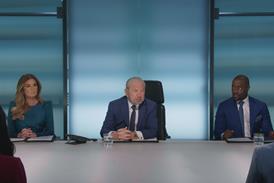Key dates in the BBC’s troubled Digital Media Initiative (DMI) project
- February 2008
The BBC Trust approves £81m in funding and greenlights the first phase of the Digital Media Initiative (DMI).
Future media and technology director Ashley Highfield describes DMI as “the single most important initiative we are working on. Without DMI, we simply can’t deliver many of our planned exciting new on-demand services.”
- December 2009
Technology partner Siemens is ditched. Any money spent on the project that didn’t contribute directly to the aims of DMI to be covered by Siemens rather than the BBC.
- March 2010
FM&T chief technical architect Dirk-Willem van Gulik and former LazyTown executive producer Raymond Le Gué, who were drafted in to turn around the DMI, have their business plan rejected with the the BBC Finance Committee, which asks for “further details on how DMI will be implemented into the business”.
- February 2011
The National Audit Office criticises the BBC’s early management of DMI for failing to deliver value for money.
- June 2011
BBC outsources part of the project to a consortium of three technology firms: IT infrastructure services company Computacenter, media technology consultancy Mediasmiths and software platform Vidispine.
- August 2012
CTO John Linwood says that as part of DMI staff across the BBC will soon have access to the metadata contained within the broadcaster’s archive from their desktops.
- May 2013
After five years the BBC pulls the plug on DMI, with director general Tony Hall branding it a waste of licence fee payers money. CTO John Linwood is suspended and PwC tasked with investigating what went wrong.





























No comments yet